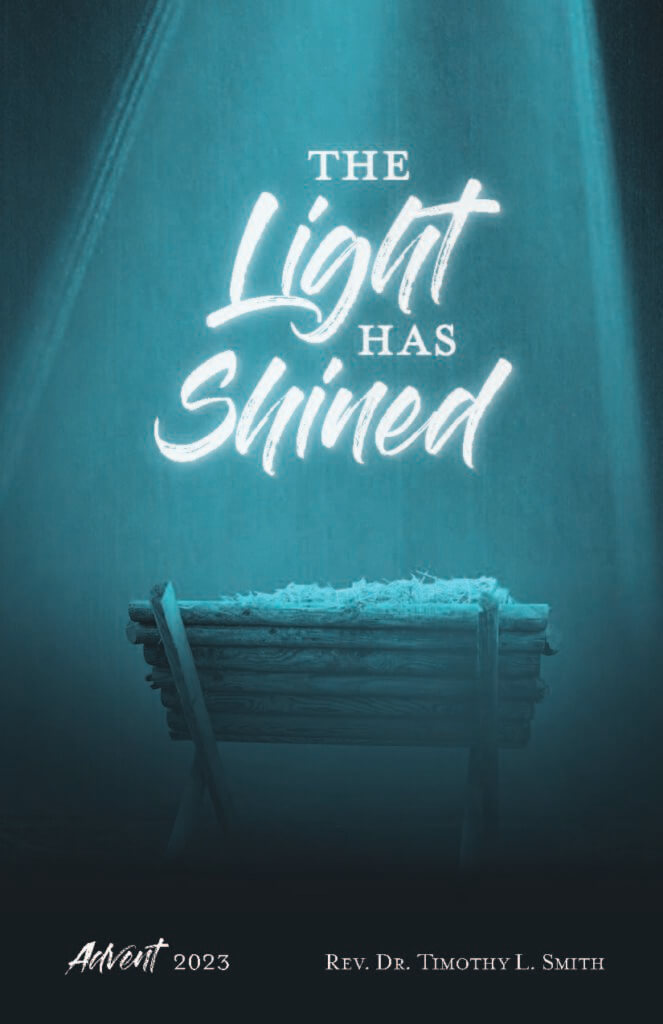His authority shall grow continually,
and there shall be endless peace
for the throne of David and his kingdom.
He will establish and uphold it
with justice and with righteousness
from this time onwards and for evermore.
The zeal of the LORD of hosts will do this.
Isaiah 9:7
It was a dark Advent in 1863 as the United States raged in a great civil war. It was the awful year of the Battles of Gettysburg, Antietam, Chancellorsville and the Siege of Vicksburg, as brother fought against brother. Historians call it “total war” in terms of new weaponry, numbers of combatants, and territories ensnared. The nation’s future was in doubt.
But life turned personally darker on the third day of that Advent season when poet Henry Wadsworth Longfellow received a telegram that his son Charles had been wounded in the Battle of Bull Run. His son’s injuries were reported as “very serious” and that “paralysis might ensue.”
The devastating news was piled on top of Longfellow’s still raw grief from the recent death of his wife Fanny in a house fire. Longfellow had been severely burned himself and unable to attend her funeral, sadly held on their wedding anniversary. He grew his long beard to cover scars from his burns and sunk deep into depression, even fearing he might be committed to an asylum. He stopped writing.
Then came the day that Longfellow dreaded: Christmas! When Longfellow heard church bells ringing out the joyous news of Jesus’ birth, he picked up his unused pen and poured forth his grief:
“I heard the bells on Christmas Day
Their old familiar carols play,
And wild and sweet the words repeat
Of peace on earth, good will to men.
And in despair I bowed my head:
‘There is no peace on earth,’ I said,
‘For hate is strong, and mocks the song
Of peace on earth, good will to men.’”
Ironically, in putting his feelings on paper Longfellow confronted exactly what he believed:
“Then pealed the bells more loud and deep:
‘God is not dead, nor doth He sleep;
The wrong shall fail, the right prevail
With peace on earth, good will to men.’”
It is estimated that for every Biblical prophecy of Christ’s first coming, there are eight on Christ’s Second Coming. (Paul Lee Tan, Jesus is Coming) His coming again is foretold long ago even in the early times of Genesis, “Enoch, in the seventh generation from Adam, prophesied, saying, ‘See, the Lord is coming with tens of thousands of his holy ones’” (Jude 14). Because of the Bible’s concentration on Jesus’ second Advent, English theologian W. H. Griffith Thomas urged believers to similarly fix their minds on Jesus coming again:
“Baptism is mentioned 19 times in seven Epistles, and in 14 out of 21 it is alluded to. The Lord’s Supper is only referred to three of four times in the entire New Testament. The Lord’s Coming is referred to in one verse out of every 13 in the New Testament, and in the Epistles alone in one verse out of 10. This proportion is surely of importance for if frequency is any criterion there is scarcely any other truth of equal importance and value.”
(W. H. Griffith Thomas, The Principles of Theology)
It was the sure promise of Jesus’ return that heartened Longfellow through his dark days. So, we today, in difficult and troubled times, are heartened by the promise of Jesus’ coming! It will mean “endless peace… with justice and righteousness.”
PRAY
Everlasting Father, Just as it seems that Christmas can be a long time coming, so also is waiting for Jesus to come again. Living ‘between the times’ is challenging for us, as we operate on human time while You operate on Yours. Help us not to be passive in our waiting, but to be active: praying, serving and watching. We pray to live this day as though it were that Day. As Jesus told us only two things will survive this world, the Word of God and people, so we pray that You bless our labors to spread Your Word to the whole world. Amen.


